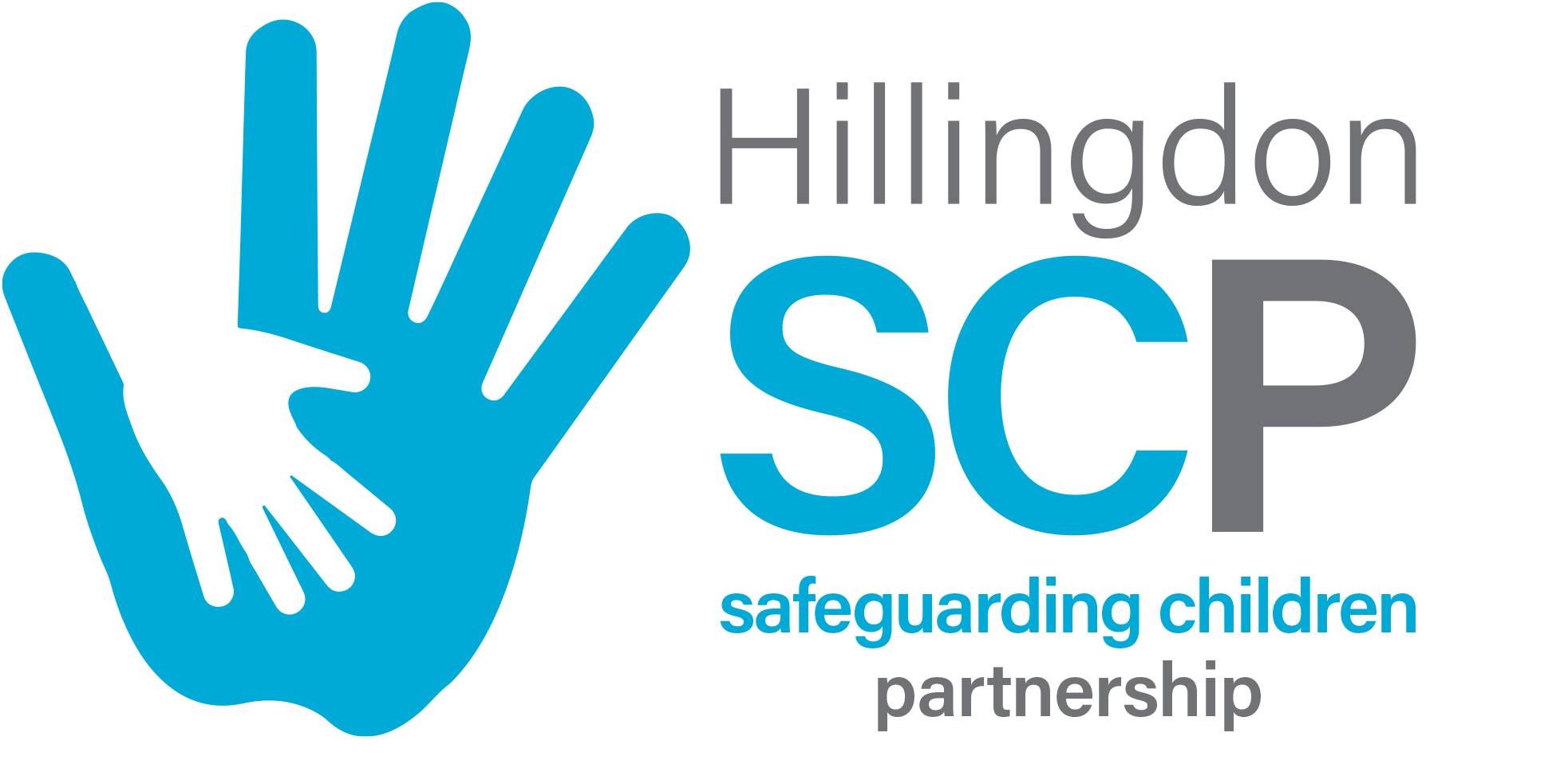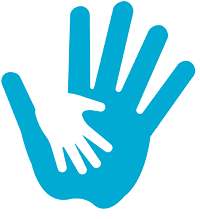What We Do
Hillingdon Safeguarding Children Partnership works to make sure that the quality of support provided by all organsations who engage with children and their families is high. This includes, but is not limited to, all social care services, all NHS services, police, care and support providers, and schools and colleges. We bring these organisations together to share good practice, professional expertise and also to challenge and develop each other.
We arrange training for all professionals who support children and their families, we share learning across the professional network when things have gone wrong, and we produce guidance for professionals to enable the best possible safeguarding interventions. We also check the quality of work that is done to safeguarding children on a regular basis and make sure all organisations are fulfilling their legal duties to keep children safe.
The Safeguarding Partnership doesn’t provide direct safeguarding support to children and families. However, we do work to engage with children about their lived experience of support and we work to ensure their voices are heard by the wider professional network.
Our Vision
For every child and young person to be and feel safe, enjoy good physical, emotional and mental health, have pride in their unique identities, feel that they belong and have opportunities to thrive.
If you need help or support for your family please contact the Stronger Families Hub on 01895 556006
What is Abuse?
This occurs when a child is being harmed or mistreated (sometimes called ‘Significant Harm’) by an adult or another child. Different types of harm include Sexual Abuse, Physical Abuse, Neglect or Emotional Abuse.
Sexual Abuse
An example of sexual abuse would be where a child has been forced or tricked into sexual acts or in the taking of sexual photos. This abuse can be either ‘contact’ or ‘non-contact’ sexual abuse. For example, contact sexual abuse can include sexual touching of the child’s body, whereas non-contact sexual abuse may include exposing a child to pornography, for example.
Physical Abuse
When an adult deliberately hurts a child, such as hitting, shaking, throwing, poisoning, burning, drowning or suffocating.
Emotional Abuse
Involves the ongoing mistreatment of a child. This would happen, for instance, when a child is being unfairly blamed for everything all the time, or told they are stupid and made to feel unhappy. Seeing or hearing the abuse of another person is also a form of emotional abuse.
Neglect
Where a child is not being looked after properly, for example, not getting enough to eat or being left alone for long periods of time or in dangerous situations.

